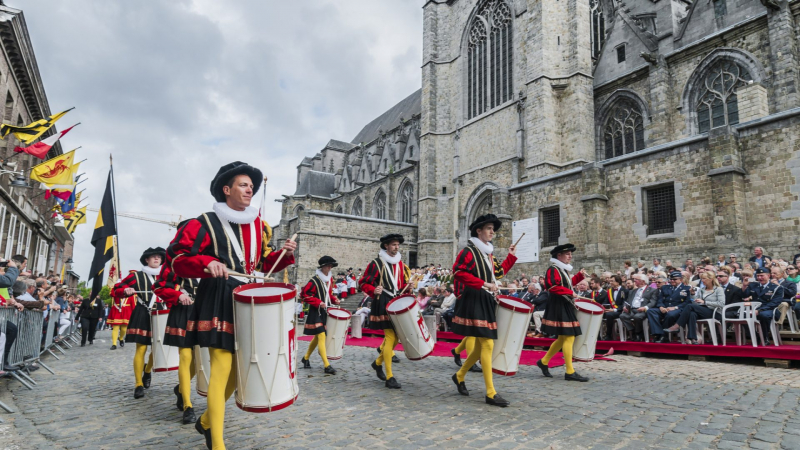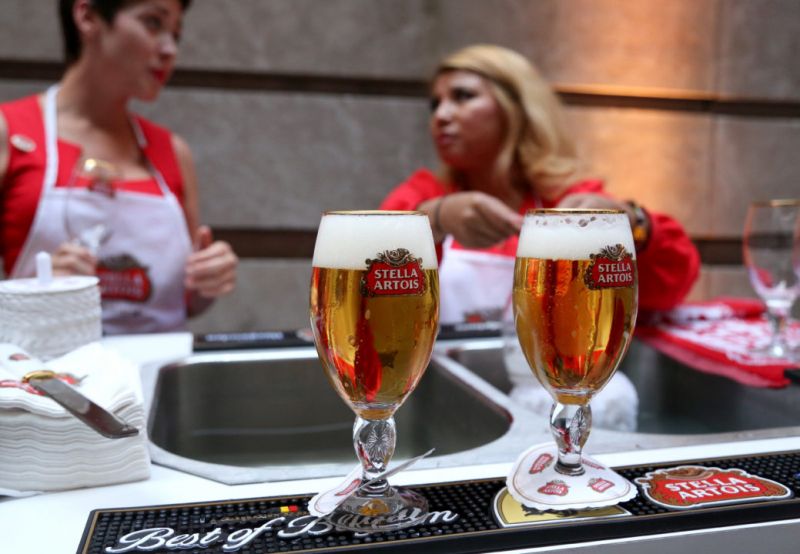Belgium culture
Belgians are notoriously private about their finances and political views. You must also refrain from enquiring about people's religious beliefs. The Flanders-Wallonia conflict or dispute, as well as the significant separatist and extreme-right voting in Flanders, are contentious issues that you should avoid eliciting opinions on.
Try not to speak Dutch in Wallonia and French in Flanders! Speaking the "wrong" language can be extremely offensive in either of the two regions, and as a result, you may be ignored or, in the worst case scenario, receive chilly treatment and subpar service. This will happen less frequently the closer you are to the linguistic boundary, though. The national language of communication between Walloons and Flemings has changed to English.
In order to avoid speaking to one another in the "other tongue," English has become the national language among both Walloons and Flemings, especially among younger generations. Because of this, it is recommended that a tourist initiate a conversation in either English or the "proper" language, which is either Dutch in Flanders or French in Wallonia.
Do not reveal their French nationality to the Walloons or the majority of the population of Brussels. Despite speaking French, the majority of Walloons despise being identified with their neighbor France and do not consider themselves to be French.
Do not inform the Flemish (or the inhabitants of Brussels) that they are Dutch for the same reason. Despite speaking Dutch (Flemish), the majority of Flemings despise being identified with their neighboring Netherlands and do not consider themselves Dutch.












